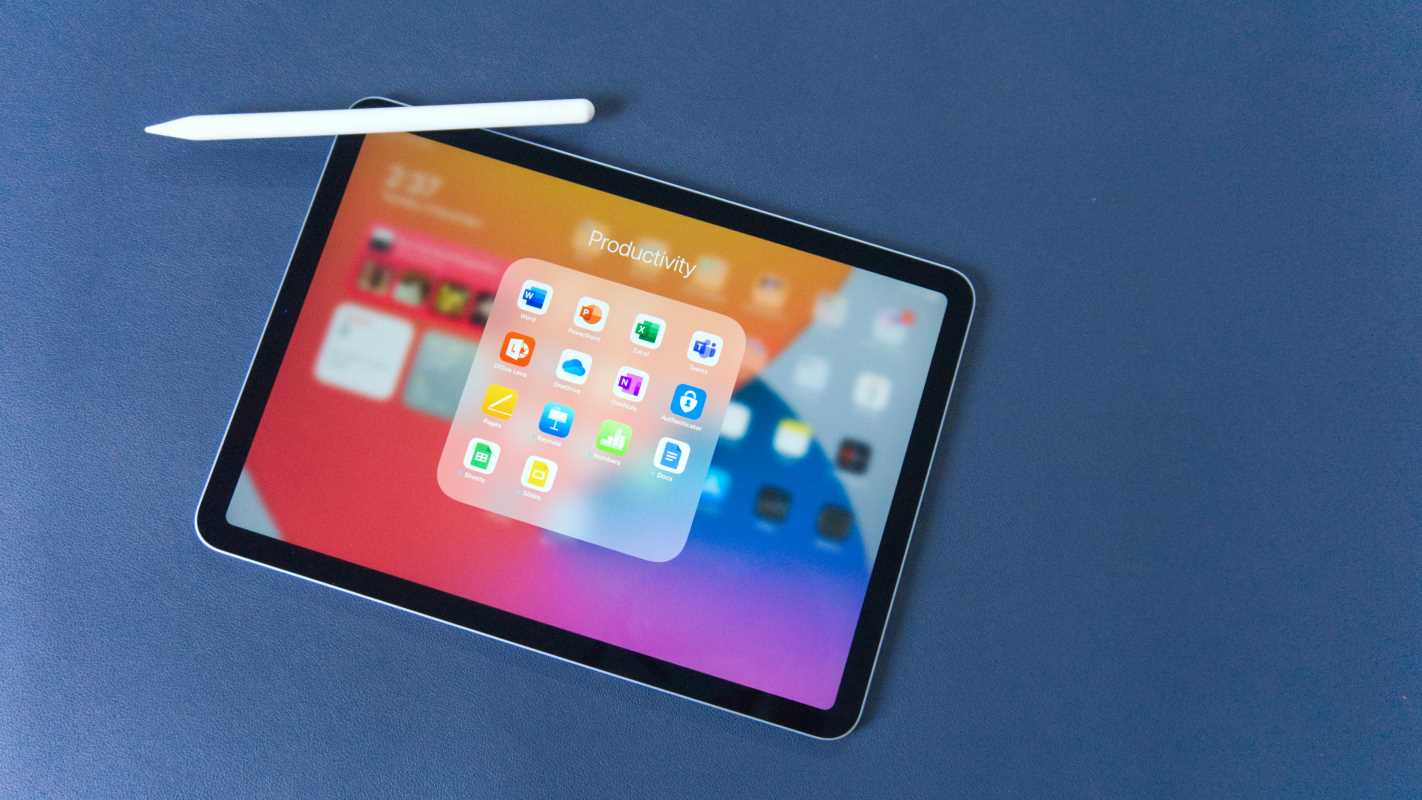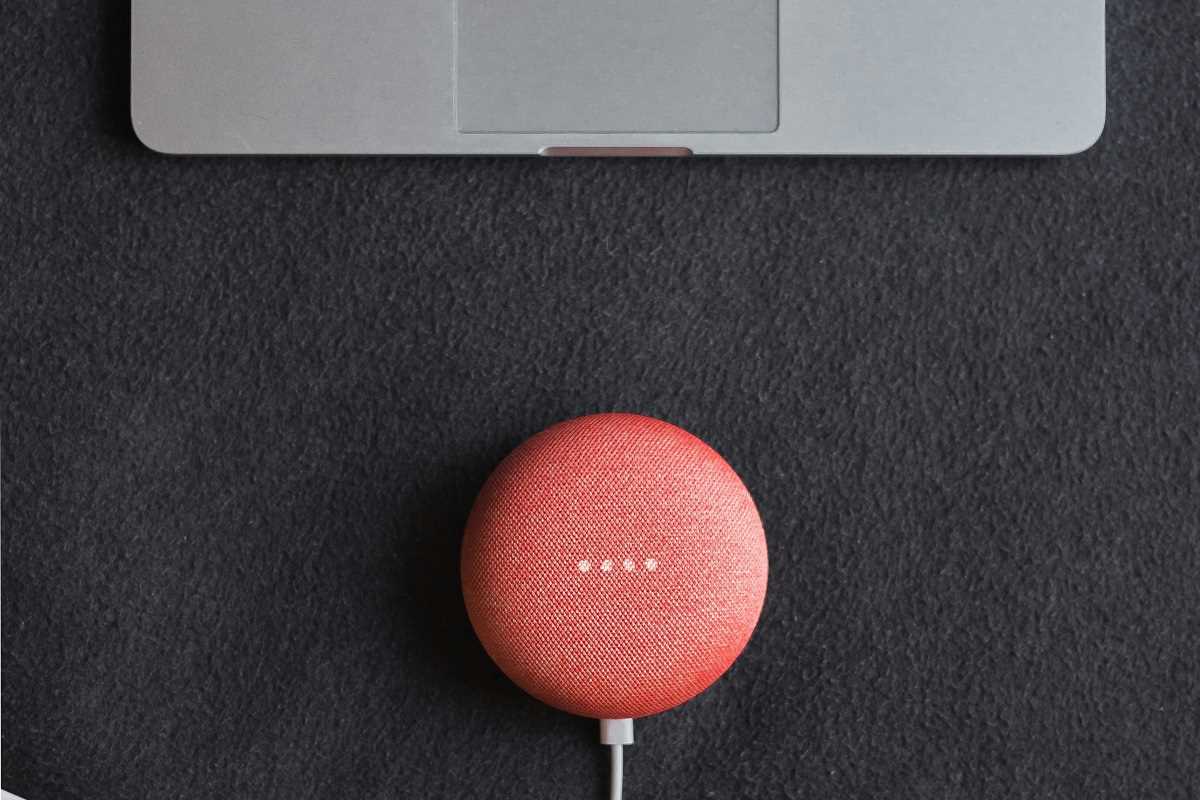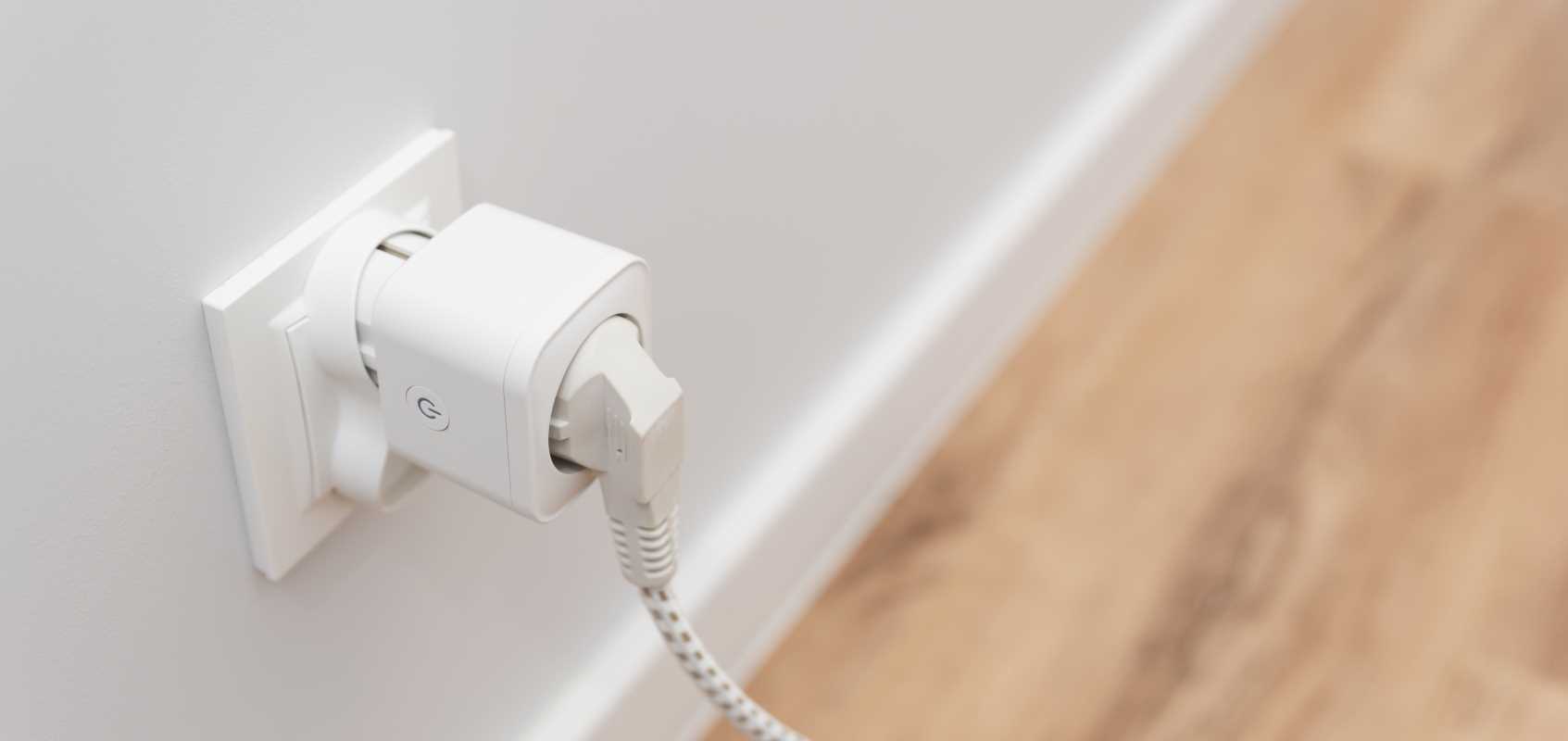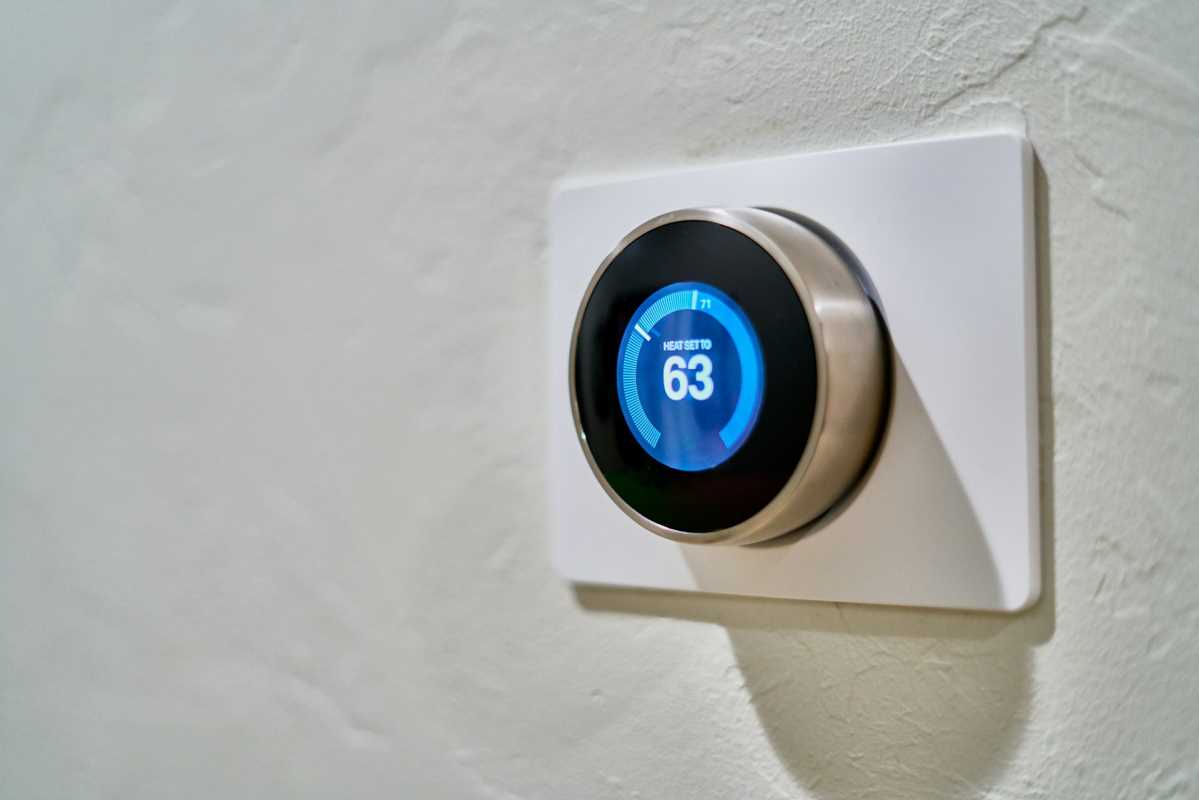You probably know someone who tracks their steps, monitors their sleep, or logs their workouts with a smartwatch or fitness band. These wearable devices have become a common part of modern life, but a new evolution is making them smarter and more powerful than ever before. The secret ingredient? Artificial intelligence. By integrating AI, these gadgets are transforming from simple data trackers into personalized health coaches that live on your wrist, offering insights and guidance that were once the stuff of science fiction.
More Than Just Counting Steps
For years, wearables have been great at collecting data. They can tell you how many steps you've taken, what your heart rate is, and how many hours you slept. This is useful information, but it's just raw data. It doesn't tell you what to do with it. You might see a dip in your sleep score, but why did it happen? Was it the late-night coffee, the stressful day at work, or something else? This is where AI steps in.
Artificial intelligence gives wearables the ability to analyze the vast amounts of data they collect and find meaningful patterns. Think of it like this: your wearable is the data collector, and the AI is the expert analyst. Instead of just showing you a graph of your heart rate, an AI-powered device can learn your personal baseline. It can identify when your heart rate is unusually high or low, even when you’re resting, and alert you to potential issues.
This process, often called machine learning, allows the device to get smarter over time. The more data it collects from you, the better it understands your unique body and lifestyle. It learns your habits, your routines, and your typical physiological responses. This deep personalization is what separates AI-powered wearables from their predecessors. They move beyond one-size-fits-all metrics to provide advice tailored specifically to you. For example, instead of just saying you had "poor sleep," an AI-enhanced wearable might suggest, "We noticed your sleep quality drops on nights you exercise after 8 PM. You might get more restorative sleep by working out earlier in the day."
What's on the Market Now?
This isn't just a futuristic concept; AI-powered health tech is already here and making a real impact. Companies are integrating sophisticated AI algorithms into their devices to offer features that go far beyond basic tracking.
One of the most significant advancements is in heart health monitoring. Devices like the latest Apple Watch and Fitbit models use AI to power their ECG (electrocardiogram) and irregular heart rhythm detection features. These sensors can detect signs of conditions like atrial fibrillation (AFib), a common type of irregular heartbeat that can lead to serious health complications. The AI works in the background, continuously analyzing your heart rhythm and alerting you if it spots something concerning, prompting you to seek medical advice.
Sleep tracking has also become incredibly advanced. Instead of just measuring time spent in bed, AI algorithms now analyze sleep stages—light, deep, and REM—with remarkable accuracy. They can correlate your sleep data with your activity levels, stress scores, and even your body temperature to give you a holistic view of your recovery. A device like the WHOOP strap or Oura Ring doesn't just give you a sleep score; it gives you a "readiness" score for the day, advising you on whether you should push hard in a workout or take it easy to allow your body to recover.
AI is also revolutionizing fitness. Smartwatches with AI can now act as personal trainers. They can automatically detect the type of exercise you're doing, from running to swimming to weightlifting. Some can even analyze your form during exercises like squats or bicep curls, providing real-time feedback to help you avoid injury and maximize your results. This is achieved by using the device's motion sensors to create a model of your movement, which the AI then compares to a database of correct forms.
The Tangible Benefits for You
So, what does all this advanced technology actually mean for the average person? The benefits are both immediate and long-term, empowering you to take a more proactive role in managing your health.
- Personalized Health Insights: As we've touched on, AI turns generic data into actionable advice. It helps you connect the dots between your lifestyle choices and their impact on your health. This level of personalization makes it easier to build healthier habits because the recommendations are relevant to your life.
- Early Detection of Health Issues: This is perhaps the most powerful benefit. By constantly monitoring your vitals and learning your personal patterns, AI-powered wearables can act as an early warning system. Catching potential problems like AFib, high blood pressure, or even changes in respiratory rate before they become serious can be life-saving.
- Enhanced Motivation and Accountability: Let's be honest, sticking to health goals can be tough. AI can make it more engaging. It can set dynamic goals that adapt to your progress, provide positive reinforcement, and even create personalized challenges to keep you motivated. When your watch tells you that you're just 500 steps away from your best week ever, it's a powerful nudge to get moving.
- A Holistic View of Wellness: Health isn't just about fitness. It's also about sleep, stress, and mental well-being. AI helps tie all these elements together. A device might notice that your resting heart rate is higher after a stressful day, and in response, suggest a guided breathing exercise through its companion app. This integrated approach helps you manage your overall wellness, not just one aspect of it.
The Future is Bright (and Smart)
The fusion of AI and wearables is still in its early stages, and the potential for future innovation is immense. What can we expect to see in the coming years?
One exciting area is non-invasive monitoring for chronic conditions. Researchers are developing wearables that can monitor blood glucose levels without needing to prick your finger, a game-changer for people with diabetes. Others are working on devices that can predict migraines, track the progression of neurological disorders like Parkinson's disease, or even detect signs of infectious diseases like the flu before you feel symptoms.
The AI itself will also become more sophisticated. Future wearables might act as a central hub for your entire health journey, tracking your data and scheduling your doctor's appointments when it detects an anomaly, ordering your prescription refills, and sharing relevant data (with your permission) directly with your healthcare provider.
We can also expect to see more "invisible" wearables. Think smart clothing, patches, or even jewelry that blend seamlessly into our lives while continuously collecting health data. These devices, powered by tiny sensors and intelligent AI, will provide an even more complete and effortless picture of our health.
 (Image source: Midjourney)
(Image source: Midjourney) 





.jpg)